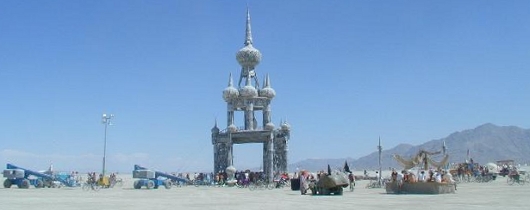Southern Pride by Mark Stone
September 2016. I was born in North Carolina and lived my whole life south of the Mason Dixon Line until I went off to graduate school. I attended segregated schools until the 4th grade. My mom's family was from Arkansas, my Dad's family from South Carolina. So my southern roots run pretty deep.
To this day I still feel conflicted about Southern Heritage, Southern Pride, and the Civil War. Moral blame abounds in 19th Century America, and is by no means limited to the South. As the Civil War was ending this country was getting ready to embark on the final chapter of genocide against Native Americans -- the "settling" of the West from 1865 to the turn of the century. That act of genocide was driven largely by the voracious need of the industrial North for raw materials. And yet the South's secession that led to the Civil War was fundamentally about slavery, and while there were specific economic reasons that caused the South to be so dependent on slavery, none of that excuses an unquestionable low point in the moral history of this country.
But my point about genocide is that if we judge the 19th century by the moral standards of today nobody comes off looking very good. This was an earlier and more barbaric time in our country and in civilization generally. If we are ever going to find heroes in the past, from Thomas Jefferson to Aristotle, we are going to have to see them in historical context and recognize the progress to which they contributed while overlooking some very large moral flaws that were characteristic of their time.
And the North has a centuries long tradition of using classist signals to dehumanize and marginalize Southerners and our culture; this is where the terms "bumpkin", "redneck", and "white trash" come into play.
Perhaps what troubles me the most is how little credit the South gets for its own transformation. Not that there isn't a long way to go yet, but genuine progress has been made, and I would argue that most of that progress comes from within rather than being externally imposed.
My parents were the white students joining African Americans in sit in protests in the 1950s. They met in graduate school at Duke University, and apparently as a babe and toddler I was an unaware participant in some of these events. Both my parents are political scientists by education, so I heard a lot of talk about racial equality around the dinner table at home. There's a Life Magazine photo of Martin Luther King Jr bleeding out on a Memphis hotel balcony, and you can see a hand -- a white hand -- holding a handkerchief up to his neck in a hopeless attempt to staunch the bleeding. That hand belonged to a very close friend of my parents from grad school.
And yet none of that really did much to convey to me the experience of race relations and racial equality. It all seemed very abstract and far away. It was disturbing to have school closed for several days in Atlanta and to see armed National Guard on the street corners during the time of King's funeral, but again it didn't feel like anything I could relate to directly. As I said, I went to segregated schools during this time and it goes without saying that residential neighborhoods in the South were all racially segregated then. I simply didn't have any day to day experience with African Americans.
Except....
Every summer we'd spend two or three weeks' vacation at my grandfather's farm in South Carolina, 100 acres of the most remote and rural countryside you can imagine. My grandfather's day job was as a repair crew foreman for the Seaboard Railroad. His entire crew was African American. All the farm hands that helped out my grandmother with the farm were African American. Most of their neighbors were African American tenant farmers eking out a living on somebody else's land.
And the key thing is that my grandparents never treated them like employees or people from a different class. They treated them like friends and family. They were my grandfather's fishing buddies. They ate at the table with us. My sister and I, and my cousins, played in the yard with their kids. We were all just people, not white and black. My grandmother used to drive them into town to register to vote, and later to vote. I'm told, one time in the late 1940s, that a group of hooded Klansmen confronted her. Apparently her response, with all the Southern Baptist self righteousness she could muster, was something like this, "I know you boys, and I know who your mommas are. Now you go on and get yourselves home before you get into trouble." They never bothered her again.
It is in that soil that the seeds of racial equality in the South took root, and it is from those tender shoots that I witnessed racial equality begin to blossom. Everything I know about both racial equality and Southern Pride is founded on the example my very Southern grandparents set.


